Sollatek Electronics: Energy Sector and Renewable Energy
Saleem Abdulla speaks about Sollatek Electronicss, company operating as a wholesale and distribution outfit in power sector.
Interview with Saleem Abdulla, Managing Director of Sollatek Electronics
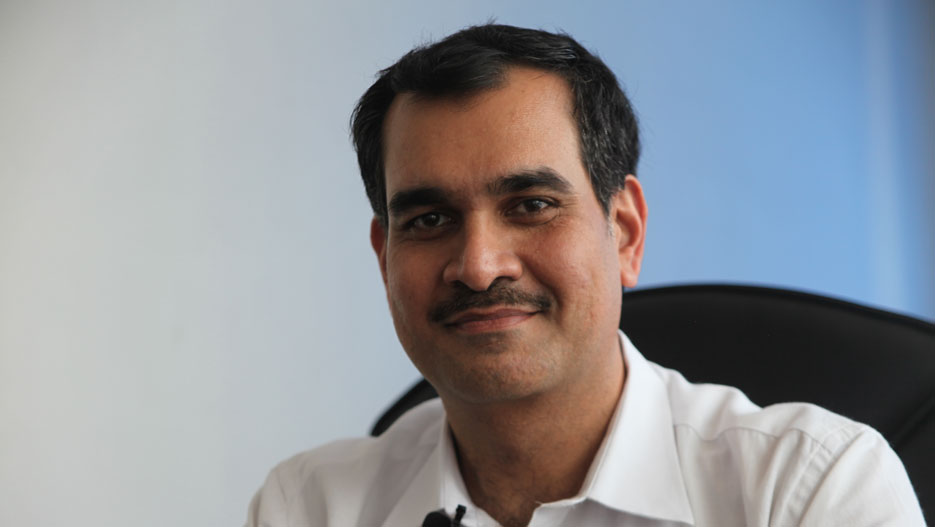
Let’s talk about the region, which you cover. Please tell us about the East African region. How would you describe and assess your sector? We can then move on to Kenya more specifically.
We are essentially in two sectors, which you could say overlap to a certain extent. We are both in the electric and electronics sector, as well as the renewable energy sector. As far as the region is concerned, Kenya and the East African region have been pioneers, in terms of exploiting the opportunities that exist in the solar renewable energy sector. In the power control sector, which includes the products that we actually make, i.e. the electric and electronic sector, we are pioneers: literally the first company to have ever done what we do within the region. There is huge opportunity within a growing market, where the middle class is continuously expanding, together with purchasing power. Therefore, we see this as a very exciting area to be operating in. Obviously, there are certain countries experiencing upheaval within the region, for instance Burundi, which is currently going through some internal strife. This affects people like us, seeking to expand our operations in that country. South Sudan is not too stable at the moment either, but Kenya remains the hub, or the region’s ‘Big Brother’ as it were. What we would really wish for is to be able to trade with greater ease across the region. We know that is something our governments have been talking about for a very long time, with very slow and limited progress so far.
Could you give us a few more details regarding these conversations? Where are we at in the negotiations at that level?
In terms of ease of trade, I know that they are allowing certain products that are manufactured within the region to be transported and sold across borders duty free. This includes primarily raw materials and agricultural produce. But we are still very far from reaching any sort of agreement on products that are imported into the region, with good reason. There is some wariness among our neighbours towards Kenya, as Kenyans are considered to be very aggressive and enterprising business people. As a result, they are very wary of us, as they don’t want us to ‘run over them’, in a sense.
That makes sense. Right, now let’s talk about the sector itself and the environment in terms of competitors. How would you describe things here in Kenya and the broader region for your company and your two sectors of business?
As I mentioned, in the power control sector we were among the pioneers, which gave us a head start of around 20 years over anybody else. We remain the market leaders and competition is very limited on that front. From our own internal estimates, we command around 80% of the market. As far as the renewable energy sector is concerned, it’s a totally different ball game. It’s extremely competitive and we don’t know for sure what portion of the market we actually command. However, we are probably among the 5 leading players in the industry.
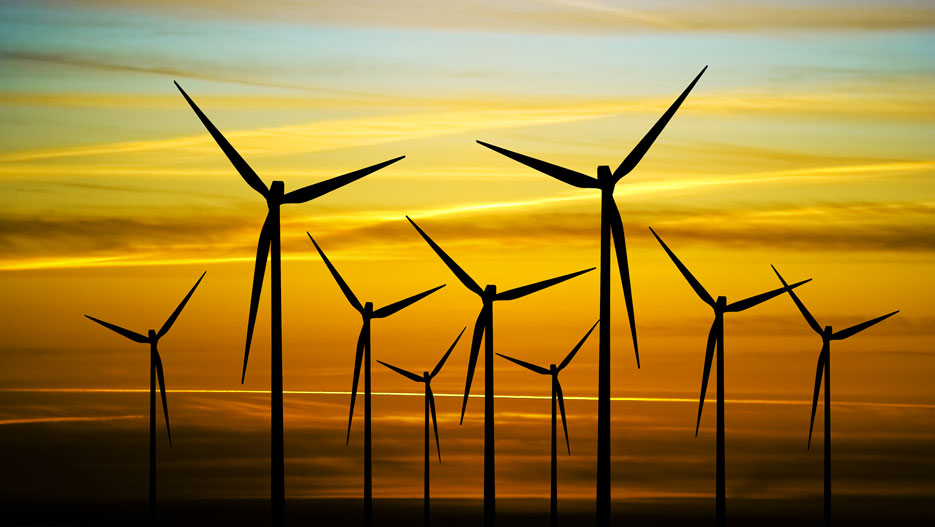
What are the products you want to push more and that are generating the most revenue?
I believe the big opportunity here lies in the renewable energy sector, particularly in the solar business, given its very aspirational nature. Five years ago, having a portable solar lamp was considered to be an achievement for your typical rural customer. Today, that same customer is aiming for a solar home system, which includes four lamps that can light up the four rooms of his home. As such, that’s where the big opportunity lies and where we wish to focus our efforts. We have some terrifically innovative product offerings, which are very aspirational and scalable. Scalability is the ‘in thing’ in the renewable energy sector. You cannot sell something that you are unable to expand on, i.e. sell a solution and then say “I can’t offer you a solution beyond this.”
Energy needs are all-encompassing. People need energy for virtually everything, so you can start by offering energy for lighting, then you want to offer people energy for other things, such as cooking, security, hot water, etc. We feel that’s where our focus should be, but that is not to say that the power control sector is devoid of opportunity, that it is saturated or that we have absorbed all existing opportunities. As I mentioned, the middle class is continually growing. More and more people are able to afford electrical appliances, such as a TV or a refrigerator. These appliances need to be protected, because unfortunately – or fortunately for us – electricity supply is not very reliable in this country or the wider region. This means that whenever someone buys an electrical appliance, they need to buy something with which to protect it, which is where the opportunity lies for us.
Are you broadly more B2B or B2C?
I believe the big opportunity here lies in the renewable energy sector, particularly in the solar business.
We are more B2C on the solar side and more B2B on the power control side.
How do you handle distribution to consumers in the solar energy sector?
In terms of the solar sector, we have set up a distribution network, which we have divided out into regions. This is actually a ‘last mile’ or ‘bottom-of-the-pyramid’ distribution network, where you have your local shop keeper, school teacher or priest, all of whom have become our distributors or agents. They sell into their communities on our behalf. We have set up a sales force that is also very local, meaning our salespeople are from the communities that they are selling into. These are people known to their communities, they speak the same language, there’s trust between them, and they have seen each other growing up, which is what allows us to achieve this, since your ‘bottom-of-the-pyramid’ customer is typically very conservative. They usually don’t want to try or buy anything that their fathers and grandfathers didn’t use, unless it’s offered to them by somebody whom they trust and know within their community, and that’s what we have strived to achieve.
How do you approach the recruitment of agents such as priests and school teachers?
We task our sales personnel with appointing these agents, and we then have larger distributors who hold stock, so that the stock is closer to these people: they pick up the stock from the larger distributors. Our day to day relationship is limited to the larger distributor, but the local salesperson who is sitting in the village is actually more in touch with the local distributor in place, who could be the local teacher, the local priest or the local shop keeper.
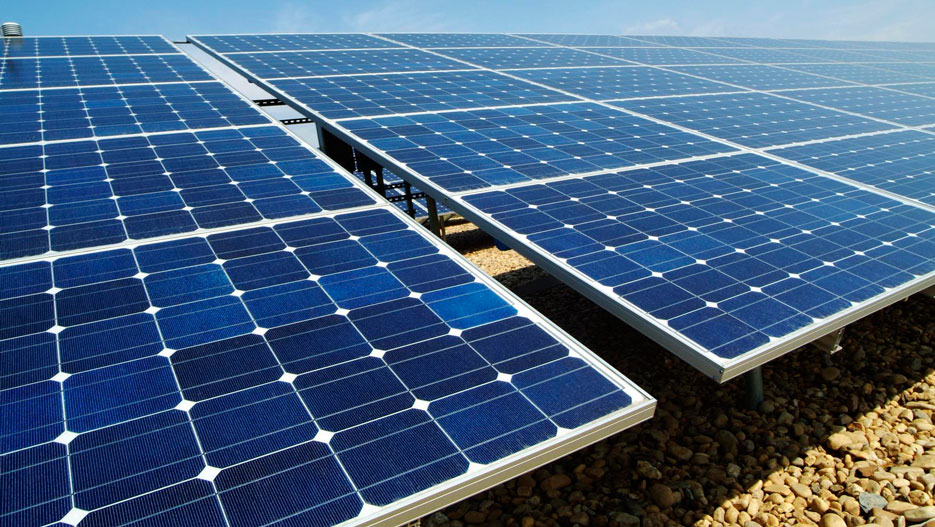
What brings you more revenue: the electronics or the renewable energy side of the business, or is it 50-50?
At the moment, because we have a 20 years’ head start in the power control business and we only went into solar energy about five to six years ago, we are 60 per cent on the power control side and 40 per cent on the solar side.
But that’s going to change?
That is definitely going to change. The bigger opportunities are on the solar side.
On the sales side, is your challenge to have a higher number of distributors? In the end, it’s the distributor who does the job of selling to the end consumer, and they are the ones you have to deal with. Who are these distributors, how many are there, are you talking about 5, 10 or a hundred?
We are setting them up at the county level. We have 47 counties in the country, and we seek to appoint 2 large distributors in each county, who in turn would be selling to a greater number of local sales points.
Do these distributors have to acquire the stock? They have to be engaged and have a live product…
Yes, and we need to make sure that we are able to use our sales force to pull the product off their shelves towards the smaller distributors, so as to sustain the flow of products, thus ensuring they make money out of our products and are able to grasp the opportunity. The challenge is actually to keep the distributor on board, to make sure they pay on time, sell off their stock on time, as well as ensuring they are satisfied with our after-sales service. That’s the big challenge.
I can imagine that involves a lot of groundwork, as we are talking about 2 x 47?
We have yet to cover the whole country, but we are in 4 regions, i.e. 18 counties in western plus 9 on the coast, which makes for 27 counties in total. But we plan to have set up all across the country by February next year.
That’s one of the challenges. The other challenge is that you have these financing issues you mentioned?
As I said, we seem to be in a coveted position. The big players in the industry seem to be looking for local distributors like us. We seem to tick a lot of boxes for them. We have a 30-year track record in the region. We are a solid, steady company, with a very capable workforce and we have experience conducting business in this region, which not everybody has. This means many people would like to work with us and they come and offer us opportunities to partner with them, in order to distribute their products. We see the potential in the opportunities that we are offered. However, we want to be able to do justice to these opportunities, in other words we want to be able to focus and provide the required level of service, which demands investment in terms of both time and money, etc. And sometimes we find we just can’t do that. Finance is a problem, because holding a new range of products, building up the brand, having sufficient inventory and building up the distribution chain for that brand all require a good deal of money, and we find we are unable to cope with that at times.
What are the solutions available to you?
We won a $100,000 grant as a result, and we were the first company across Africa within that round of those awarded to actually complete our project.
In terms of solutions, we are always looking for investors, i.e. people who can finance our business opportunities. We try to move away from conventional solutions, such as going to the bank, because of the high cost of financing locally, but especially since our products make an impact on society. They help improve our customers’ quality of life. Someone who was using a kerosene lamp, which is expensive, dangerous and harmful can now use a solar light, which is much cheaper in the long run, is good for his health, enables him to improve his quality of life and is also environmentally friendly. So we try and use this as an appeal to those who wish to have an impact on this front and who have the money to invest in local businesses like ours. We reach out to them, sometimes they reach out to us, and we try to find a middle ground.
What kind of investors are they? Are these funds aimed at promoting renewable energy, are these international players in the industry or people who are not in the sector at all and who are looking to invest?
I think they are largely people who are in some way affiliated to the sector, such as social impact funds. There are many of these in the Western world, including Europe and the United States. These are the kind of people who are looking for locally-owned companies like ours, with a track record of success; so they are the ones who approach us, and at other times we approach them.
How do you approach the internationalisation of your products? You’re present in Kenya, as well as other countries in the region. How is your business shared among these and what’s Kenya’s standing in relation to the rest?
The rest is obviously very minimal in comparison to Kenya, since we are a Kenyan company with our headquarters here. As a result, the focus is certainly going to be more on Kenya. We do have a young standalone company in Tanzania, Power Control Limited, which is doing well in a difficult business environment with a promising future. The other countries, which are Uganda, Rwanda, Burundi and South Sudan are pretty minimal. They represent less than 15% of our total business. We don’t operate through a direct presence there, but through our distribution network.
Are you looking to develop joint ventures and partnerships for your business going forward?
Of course, that is one of our key objectives. We want to be able to have joint ventures, preferably outside the country, within the region. The challenge is to find the right people. We are open to any kind of opportunity as far as developing our business is concerned, be it joint ventures, distributor-supplier relationships or any kind of relationship.
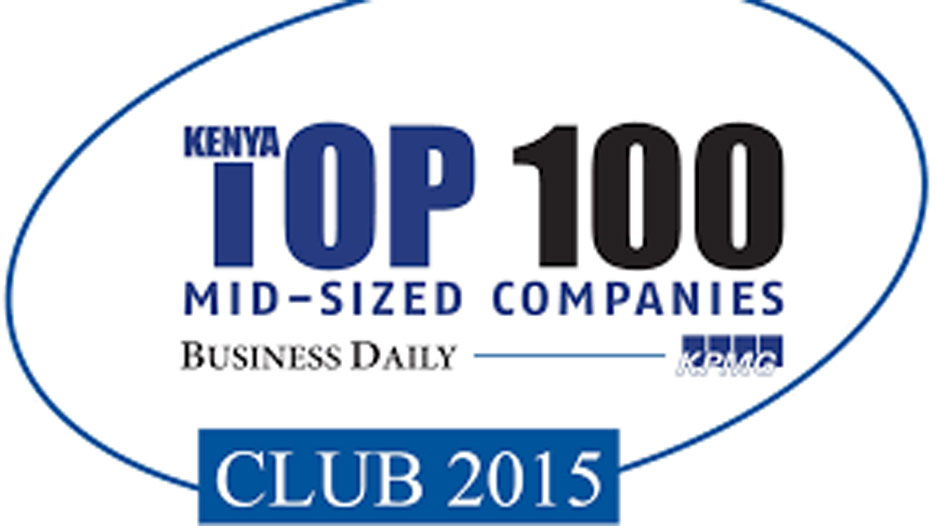
What can you offer them, why should they choose you and what do you expect from them?
Let’s take the example of Uganda. We would be very open to entering into a joint venture with a Ugandan company that has a proven track record like ours in Kenya, a steady company and not a ‘new player on the block’. Obviously, they would need to be well capitalised, which is something that we would be looking for. They would have to be on board and we would need to have majority stake within the company, in the case of a joint venture with equity share, because legally Uganda as a market comes under Sollatek Kenya as a franchise region, so we can’t afford to give that away. We are not allowed to, which is why we would require those terms. I think what they would probably want from us are: reliable and good quality products, a fair price, good after-sales support and everything you would typically look for from a good supplier.
Now let’s talk about what you have achieved as a company. You have won several awards. Could you give us some idea as to the recent awards you have received?
Since making forays into the solar energy market, we came to realise that, fortunately for us, there are very few serious operators, and we pride ourselves on doing something well. We do not enter into any venture half-heartedly, and this is a core principle of our business operations. This has attracted interest in us from a number of competitions or challenges set up by various international players, in order to draw the world’s attention towards the role that solar energy is playing in this part of the world, and we have decided take part in some of these contests.
We won the USADF Power Africa challenge in 2014, because of our proposal to transform the livelihoods of 15 fishing village communities along the Kenyan coast. We won a $100,000 grant as a result, and we were the first company across Africa within that round of those awarded to actually complete our project. We were finalist for the Africa Innovation Energy Award in South Africa earlier this year. We were among the four finalists from across Africa. We have also been awarded a grant from the EEP (Energy and Environmental Partnership) which is a multi-European government fund, and has provided some of the finance we are using to create this countrywide distribution network. We applied for this grant, in order to set up a network of entrepreneurs, where the idea is for our salespersons to become standalone entrepreneurs, by buying our products and selling them into their communities, thereby improving their own livelihoods and those of their target customers.
You are certainly in a sector that’s trending nicely at the moment, as everyone is talking about it. But how is renewable energy perceived in Kenya? Is it well encouraged? How easy is it to operate in this environment and in this sector, when compared to the US or Europe where you have people hailing it as the way forward. How does that work out here, in the region?
I can safely say that this is an area with huge potential. To give credit to the government, they have tried to encourage investment in this sector over the years and have made attempts to scale it up. For instance, imported solar products are untaxed: there is no VAT or duty paid on them. The government has done their part, and they could do a lot more still. I think it’s trendy, as you say. I also believe it’s a genuine opportunity to make a social impact in our country of operation, and I believe there is a real need for solar energy in this part of the world.
To conclude, is there anything we haven’t touched upon and you may want to add – before we talk about where you see things going forward, when I will ask you where you see yourself in the medium term, by projecting the development of your company 3-5 years down the line, and thinking about what you would like to have achieved by that time, if everything goes well and according to plan?
There’s the issue of counterfeits. As I said, the government can do a lot more to help us run our business more effectively. One of the areas where we see the government falling short in Kenya is in its ability to regulate the sector, which opens the door to a host of counterfeit and inferior-quality products, especially from China and Asia. Such products wrongly claim to achieve any number of things, but somehow manage to pass through all the checks and measures and find their way into the market. That is very disheartening for those of us seeking a level playing field, who welcome fair competition, and who are serious in that we are here for the long term. The issue of counterfeits is therefore a very big challenge. I have a whole cabinet full of counterfeits in my office, showing the host of challenges we have faced throughout the last 30 years we have been around.
And could you tell me about the problem itself, where are these products made and what is their quality like?
There are a number of challenges within this challenge, one of them being the existence of identical counterfeits: products that are labelled ‘Sollatek’. Of course, we have all our IP protection rights covered under the law. The challenge is to find out who imports them, because it’s done very informally and under the radar, which means you can never catch the big fish. We work very closely with an anti-counterfeit agency and the police, but we have to date never been able to arrest and prosecute an importer.We will always just find retailers with 10-20 units, being sold at their own shops. There is a veil of secrecy and nobody appears to know where they are in fact buying from. But all the small timers are keen to indulge in this, because they make more money out of it. That’s the actual counterfeit. We then also have products that are sub-standard, are not certified to meet international quality standards, finding their way into the country. Those are the hardest to actually counter, because they are being sold everywhere. It’s extremely difficult to have action taken against these.
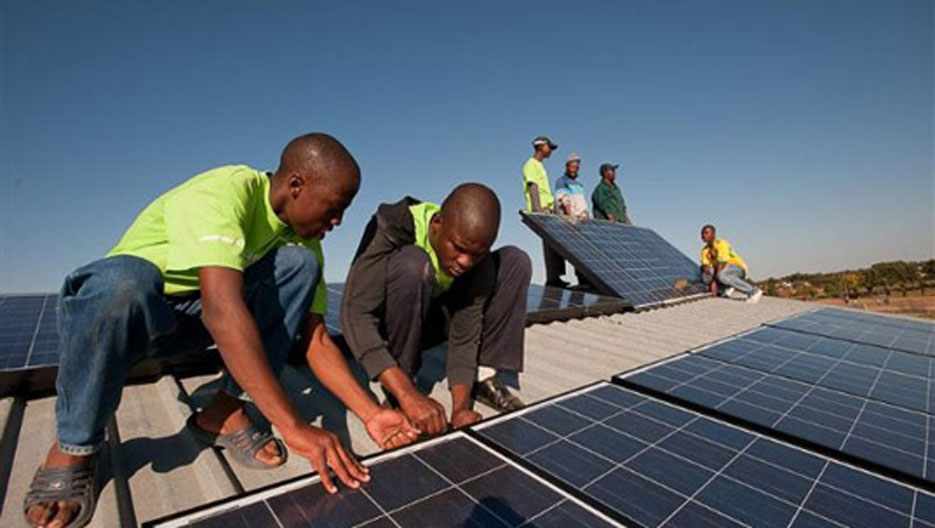
And coming back to your own products, where are they produced? Also, what are the certifications, to what standards are they produced? Is UK technology involved?
Sollatek products are designed in the UK and they all conform to British standards. They are manufactured in the Far East, in China, Hong Kong, as well as in Egypt, where there is a factory that makes those products that require steel. The manufacturer finds it convenient to make products that have an element of steel in Egypt. All products are certified to global standards, such as ICS standards, KS standards for solar panels, etc. We have full certification.
To conclude the interview, how do you project yourself? What would you like to have achieved in 3-5 years, in terms of the company’s growth? Where do you want to be?
Our two big opportunities and the two areas we are focusing on in the medium term are 1) to scale up our solar business, which at the moment is a minor portion of our business, but can very rapidly and overwhelmingly become Sollatek’s core business. 2) The other area is of course expanding our operations to the broader region. As I said, we are really focused on Kenya and we would really like to go beyond the borders. It’s not for lack of trying that we have been unable to achieve that yet. If our combined governments can ease our ability to trade across borders, then we see a huge market waiting out there, with a need for our products. The opportunity is there. If that can happen, things would be great, and that’s one of our key areas of focus, if all goes well.
So you would be looking to achieve this through joint ventures with local partners?
Absolutely.
Is there anything else you would like to add?
The World Bank, through its IFC arm has been running a programme for several years in East and West Africa. It’s called the ‘Lighting Africa’ programme. One of the World Bank’s key objectives has been to promote the use of solar energy as a form of lighting in developing countries. We have always been associated with manufacturers who are affiliated to the Lighting Africa programme, the key objective of which is to promote the use of solar products, but equally to regulate the industry by certifying people legitimate players who mean business, as well as making sure they can be distinguished from those who are not serious. Our two solar product suppliers are both associates of the Lighting Africa programme, and we are involved by virtue of that association. Lighting Africa is good, because it helps us command a reputation as a serious company. They support us in terms of spreading awareness of the technology and our products, and in the recent past have also helped to hook us up with potential investors and people who are interested in having a stake in this.
We have also taken part in several exhibitions and competitions, as I mentioned. I have lost count of the number of awards we have won. We have been shortlisted among the KPNG Top 100 Small and Medium-Sized Companies in Kenya for two consecutive years. We also won the best energy sector award at the Kenya Homes Expo, which is the country’s largest real estate and industry-affiliated exhibition, held once a year. We won the Mazingira award, which is targeted towards the Tourism industry and the role that companies play within that industry, especially in terms of providing technological innovation.
I think we have covered everything. Can I just ask you, how many people work in your company?
At the moment, we have approximately 75 members of staff and we are actually hiring more by the day.
I can imagine, given your growth. And finally, what’s your approximate turnover?
We made USD 6 million during the last financial year, which ended on 31st December. We are very aspirational.